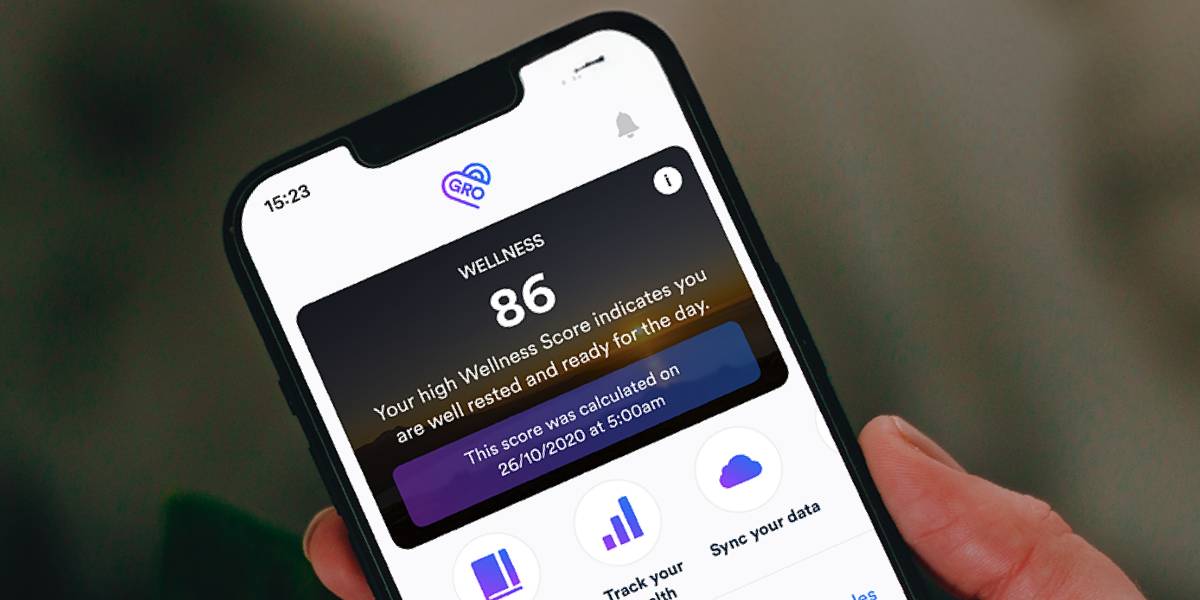New research has shown that a widely used 25p-a-day antidepressant can improve IBS symptoms, with health experts saying the findings are “hugely encouraging”.
In the first trial of its kind, researchers in the UK examined whether low doses of amitriptyline could improve the symptoms of IBS for people in a community setting.
Previous trials have been smaller and were carried out in hospital settings, when symptoms are often worse.
- Gut bacteria less diverse in people with Irritable Bowel Syndrome
- Gut inflammation: Blastocystis ST7 metabolism can trigger gut disease
In this latest research, 463 people across 55 GP practices in West Yorkshire, Wessex, and West of England were divided into two groups. The first received amitriptyline while the second group was given a placebo.
After six months, those taking the antidepressant were almost twice as likely to state they saw an improvement in their symptoms compared to those who were given a placebo.
IBS affects approximately one in 20 people across the world, with symptoms including bloating, diarrhoea and constipation.
In the latest study, which was carried out by academics from Universities of Leeds, Southampton, and Bristol, participants’ anxiety and depression scores were also examined.
These scores remained unchanged, leading researchers to suggest the medication worked via the gut rather than its effect as an antidepressant.
It is believed amitriptyline affects digestive discomfort by targeting the nerves in the bowel.
Alexander Ford, Professor of Gastroenterology from the University of Leeds’s School of Medicine, said: “Amitriptyline is an effective treatment for IBS and is safe and well tolerated.
“This new rigorously conducted research indicates that general practitioners should support patients in primary care to try low-dose amitriptyline if their IBS symptoms haven’t improved with recommended first-line treatments.”
Professor Andrew Farmer, from the National Institute for Health and Care Research, said: “The results of this study are hugely encouraging. It shows that a drug already widely available to treat a number of other conditions appears to be safe and effective for people with IBS.”









